توضیحات
A mixture of sodium carbonate and sodium silicate is widely used as a builder or the main component creator in laundry detergents and ceramic/tile industry.
Features and Advantages:
• Preventing the deposition of different substances on cloths
• Reducing the product density
• Reducing water consumption in the ceramic and tile industry
• Lubricant and rheological property enhancer in the ceramic and tile industry
• An economically good alternative to triphosphate, zeolite, and EDTA
• Developing fine alkalinity
• Increasing solubility
• Buffering the washing environment
• Reducing water hardness
• Anti-corrosion
Applications:
• Suitable for washing machine/hand powder formulation
• Suitable for dishwashing powder formulation
• Suitable for carwash powder formulation
• Ceramic and tile industry




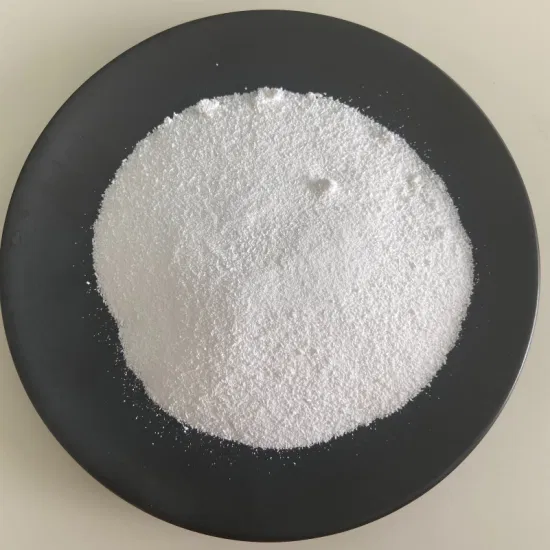
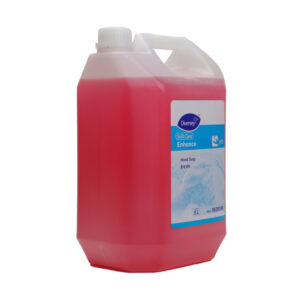

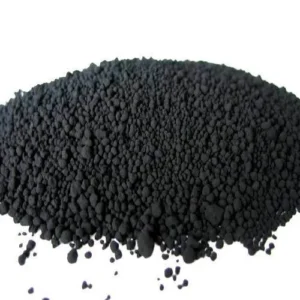
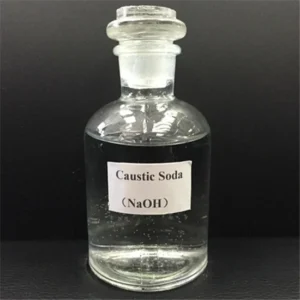
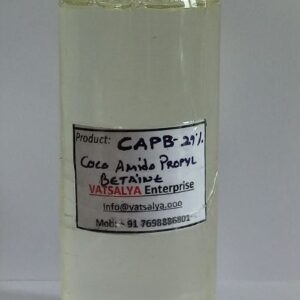

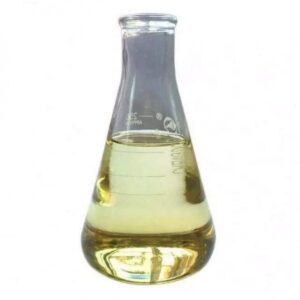
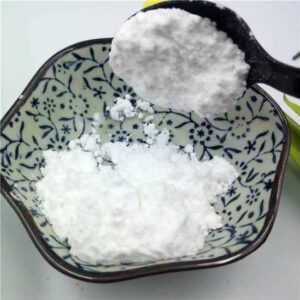
نقد و بررسیها
هنوز بررسیای ثبت نشده است.